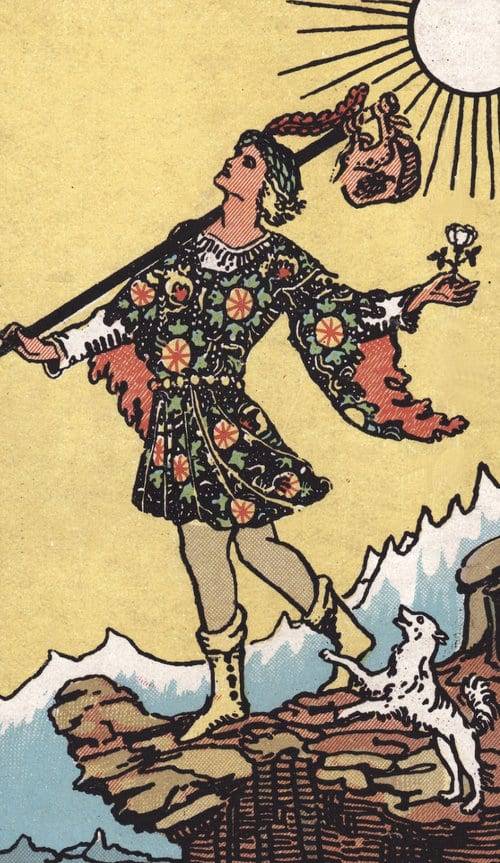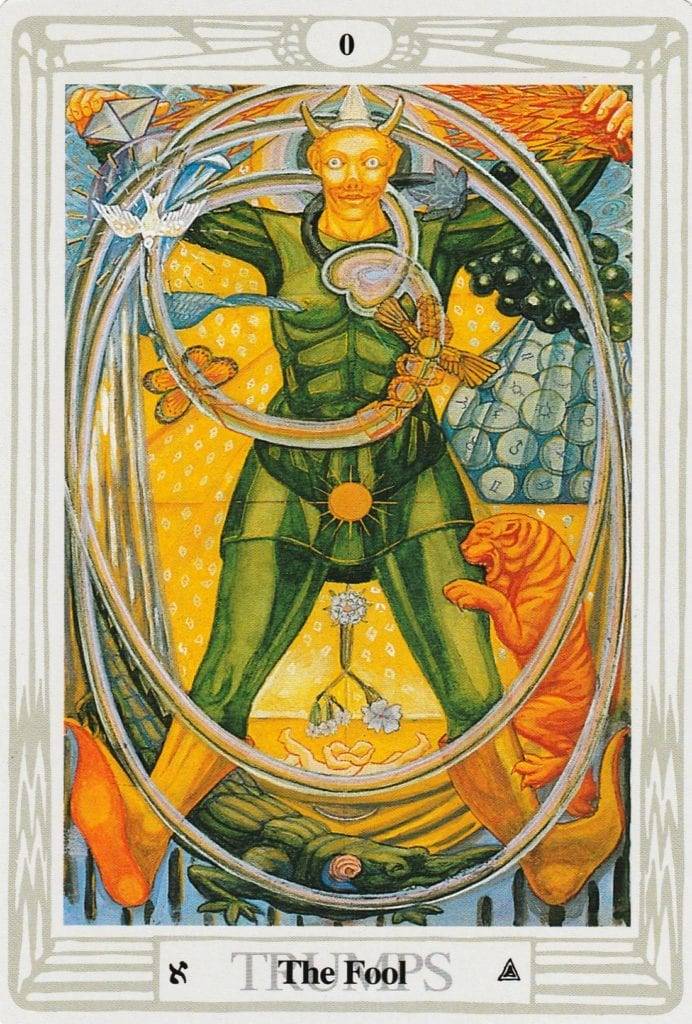The Fool

“If a fool would persist in his folly, he would become wise.”
- William Blake


Associations / Attributions
Card Meanings / Keywords
Golden Dawn
Idea, thought, spirituality, that which endeavors to rise above the material. If the divination is regarding ordinary material life, the card is not good, and shows folly, eccentricity, stupidity, and even mania unless paired with very good cards. It is too ideal and unstable to be generally good in material matters.
Waite
Folly, mania, extravagance, intoxication, delirium, frenzy, bewrayment. Reversed: Negligence, absence, distribution, carelessness, apathy, nullity, vanity. [In his description of the Fool in his Pictoral Key to the Tarot, Waite takes a more mystical approach to this card. Like the others, when it is used in the context of a more mundane reading, it has the negative connotations. However, he holds the card itself in high esteem on its own merit.]
Crowley
In spiritual matters, idea, thought, spirituality, that which endeavors to transcend earth. In material matters, it may, if badly dignified, mean folly, eccentricity, or even mania. However, the essential meaning of this card is that it represents an original, subtle, sudden impulse or impact, coming from a completely strange quarter. All such impulses are right, if rightly received; and the good or ill interpretation of the card depends entirely on the attitude of the person asking. [Whereas every other card in tarot has a correspondence to the Tree of Life, Crowley sees this card as being outside of the Tree of Life altogether, outside of creation, and has much to say about it in his Book of Thoth.]
Personal
Ignorance, for better or worse. The beginning or end of a journey. The unknown and unknowable. All potential and all possibilities. Paradox.
Synopsis
The Fool is the court jester--the one who breaks all social norms for the sake of entertainment. He displays ignorance and folly quite on purpose. He can be a disruptive force interjecting in the most serious of matters to lighten the mood, or can foul the atmosphere with callous words and gestures.
The Golden Dawn, Waite, and Crowley all seem to agree that the fool has at least two different natures—one material and mundane, and one spiritual. When appearing in the context of a mundane situation, it brings qualities that are generally undesirable as someone removed and careless in a situation fed by delirium, mania, apathy, vanity, and the like. On the other hand, the Fool is held in high regard—perhaps the highest regard of any card—in terms of its mystical significance in spiritual matters. Here the Fool is equated with the highest of the High, outside of manifestation all-together. The Fool is the Divine self-perpetuating ignorance in order to descend into creation; the Fool is the Mask of God and carries the divine spark in each of us.
The Fool may signal a disruption--that something which doesn't play by the rules (and might not even know the rules) is influencing the situation. This is a very potent card that can focus "beginner's mind" and creative ignorance allowing one to approach a situation anew. It can also help a transition to the end or beginning of a journey, literally or lyrically.
Poiesis
Walking the road between life and life
This animal I wear my constant companion and tormentor
Nudges me when the way is clear
Bites me when I begin to grow weary
Drags me down the fork in the road I didn’t want to take
Now I wander with wonder at the sights of sounds
The sunsets and silence
To experience all and know nothing
Bliss in forgetting what has always been
To remember what can always be
Secrets slung over my shoulder
Waiting to be rediscovered
Like a beloved memento my fingers find in the pocket
Of a favorite pair of jeans lost in the back of a closet
Life wild and beautiful
Quiet and serene
Walk with me my precious pet
Be my eyes and ears, tongue and touch
Remind me of what has never been
As we walk the road we have traveled a thousand times before
The Fool is the beginning and the end of the Tarot…and outside of it altogether. This ambiguous figure reveals our essential human nature of not knowing, of the happy surprise born out of ignorance. Our divine natures have a much more broad vision than that afforded while embodied in this world. But that broad vision comes at a price—the price of knowing, of eternal vision that is slow to change. For lasting change to take hold, one must not know all possibilities projected into eternity. We must put on the veil of ignorance in order to experience anew the joy of discovery with every incarnation. We are given the gift of memory—the blessing and curse of this world. We live to remember and we live to forget: The happiness, the pain, the connection, the love, the hate, the beauty, the darkness, the mystery. The Fool is the essence of Divinity experiencing itself: This is our nature. We let go of control, we let go of knowing to accomplish the most precious feat of creativity. The journey of ever-becoming in the pulse and silence of every heartbeat, the print and lift of every footstep, the song and sigh of the wind across the water is the faceless wanderer behind the mask we each wear. The Fool cannot be known—does not want to be known—but one can follow the path he treads, and read the arcane signs of his passing on the wild road to the heart of nowhere and no one.
What question is there to ask?

